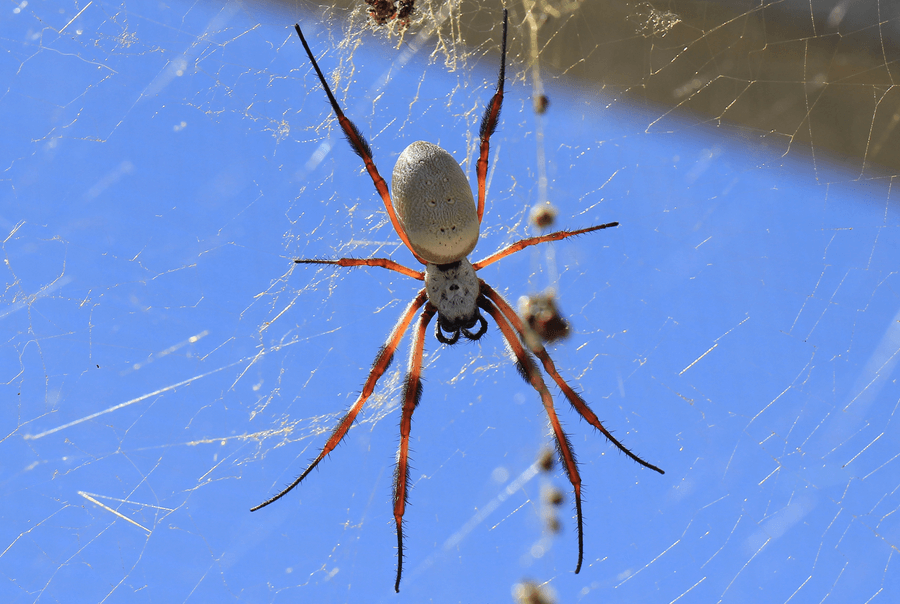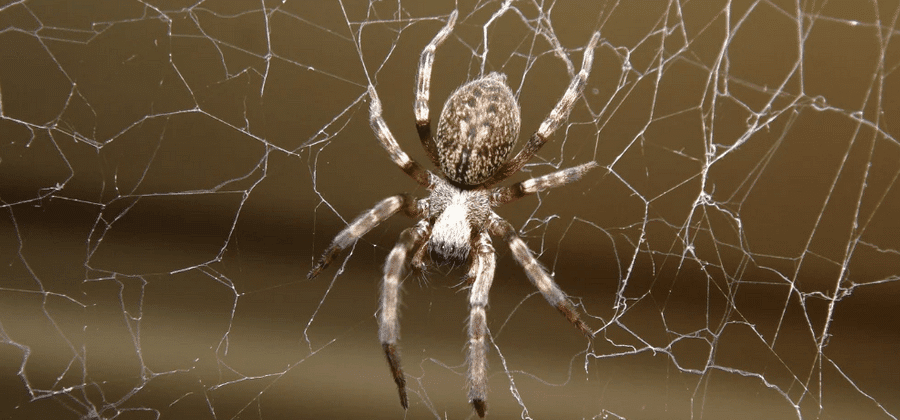📑Table of Contents:
Cranberry fields, with their lush green vines and ruby-red berries, are not just home to cranberries. They also host a variety of fascinating creatures, including cranberry field spiders. These tiny predators play a crucial role in maintaining the ecological balance of cranberry fields. This blog post delves into the world of cranberry field spiders, exploring their benefits, behaviors, and impact on agriculture.

The Importance of Cranberry Field Spiders
Cranberry field spiders are essential for pest control. They feed on insects and other small pests that can damage cranberry crops. By keeping pest populations in check, these spiders help farmers maintain healthy crops without relying heavily on chemical pesticides.
Natural Pest Control
Spiders are natural predators. They hunt and consume a wide range of insects. In cranberry fields, they target pests like aphids, moths, and beetles. This natural pest control reduces the need for chemical interventions, promoting a healthier and more sustainable agricultural practice.
Biodiversity Boosters
The presence of spiders indicates a healthy ecosystem. Spiders contribute to biodiversity by serving as both predators and prey. They form a crucial part of the food web, supporting various other species in the environment.
Common Species of Cranberry Field Spiders
Several spider species inhabit cranberry fields. Here are some of the most common ones:
- Wolf Spiders: These ground-dwelling spiders are fast hunters. They do not spin webs but actively chase down their prey. Wolf spiders are beneficial because they control pest populations effectively.
- Orb-Weaver Spiders: Known for their intricate webs, orb-weavers catch flying insects. Their webs, often seen glistening with dew, trap pests that can harm cranberry plants.
- Jumping Spiders: These small, agile spiders have excellent vision. They pounce on their prey with precision. Jumping spiders are known for their curious behavior and can be found on cranberry vines.
- Sheet-Weaving Spiders: These spiders build dense, horizontal webs. They trap insects that crawl or fall into their webs. Sheet-weaving spiders help control ground-dwelling pests.
Behavior and Habitat
Cranberry field spiders exhibit diverse behaviors. Their hunting techniques, web-building strategies, and habitat preferences vary widely.
Hunting Techniques
Spiders in cranberry fields employ different hunting techniques. Wolf spiders and jumping spiders are active hunters. They rely on their speed and agility to catch prey. In contrast, orb-weavers and sheet-weavers are passive hunters. They build webs to trap insects and wait for their prey to come to them.
Web-Building Strategies
Web-building spiders like orb-weavers and sheet-weavers create different types of webs. Orb-weavers construct large, circular webs that catch flying insects. Sheet-weavers build horizontal webs close to the ground. These webs trap crawling insects. Both types of webs are strategically placed to maximize prey capture.
Habitat Preferences
Cranberry field spiders adapt to various habitats within the fields. Some prefer the shelter of cranberry vines, while others thrive in the open spaces between plants. Ground-dwelling spiders like wolf spiders often hide under leaves and debris, while web-building spiders position their webs among the vines.
The Impact on Agriculture

Cranberry field spiders positively impact agriculture. Their presence contributes to pest control, reducing the need for chemical pesticides. This results in healthier crops and a more sustainable farming practice.
Reducing Pesticide Use
By controlling pest populations naturally, cranberry field spiders reduce the reliance on chemical pesticides. This benefits the environment by minimizing chemical runoff into soil and water. Additionally, it promotes a safer working environment for farm workers.
Enhancing Crop Health
Healthy crops are more resistant to diseases and pests. By keeping pest numbers in check, spiders help maintain the overall health of cranberry plants. This leads to higher yields and better quality berries.
Encouraging Spider Populations
Farmers can take steps to encourage spider populations in their fields. Creating a spider-friendly environment boosts their numbers and enhances their benefits.
Providing Shelter
Spiders need shelter to thrive. Farmers can leave areas of undisturbed vegetation around cranberry fields. This provides hiding spots for spiders and encourages them to stay.
Reducing Pesticide Use
Using pesticides sparingly protects spiders. Farmers should adopt integrated pest management practices. This approach focuses on natural pest control methods first and uses chemicals as a last resort.
Planting Diverse Crops
Diverse plantings attract a variety of beneficial insects, including spiders. Farmers can plant cover crops or wildflowers near cranberry fields. This creates a habitat for spiders and other beneficial species.

Closing Words!
Cranberry field spiders play a vital role in maintaining the health and balance of cranberry ecosystems. Their natural pest control abilities reduce the need for chemical pesticides, promoting sustainable agriculture. By understanding and encouraging these tiny predators, farmers can enhance crop health and yield.
Next time you enjoy a handful of cranberries, remember the essential role that cranberry field spiders play in bringing those delicious berries to your table.
If you have any questions or suggestions then don’t forget to email us!





